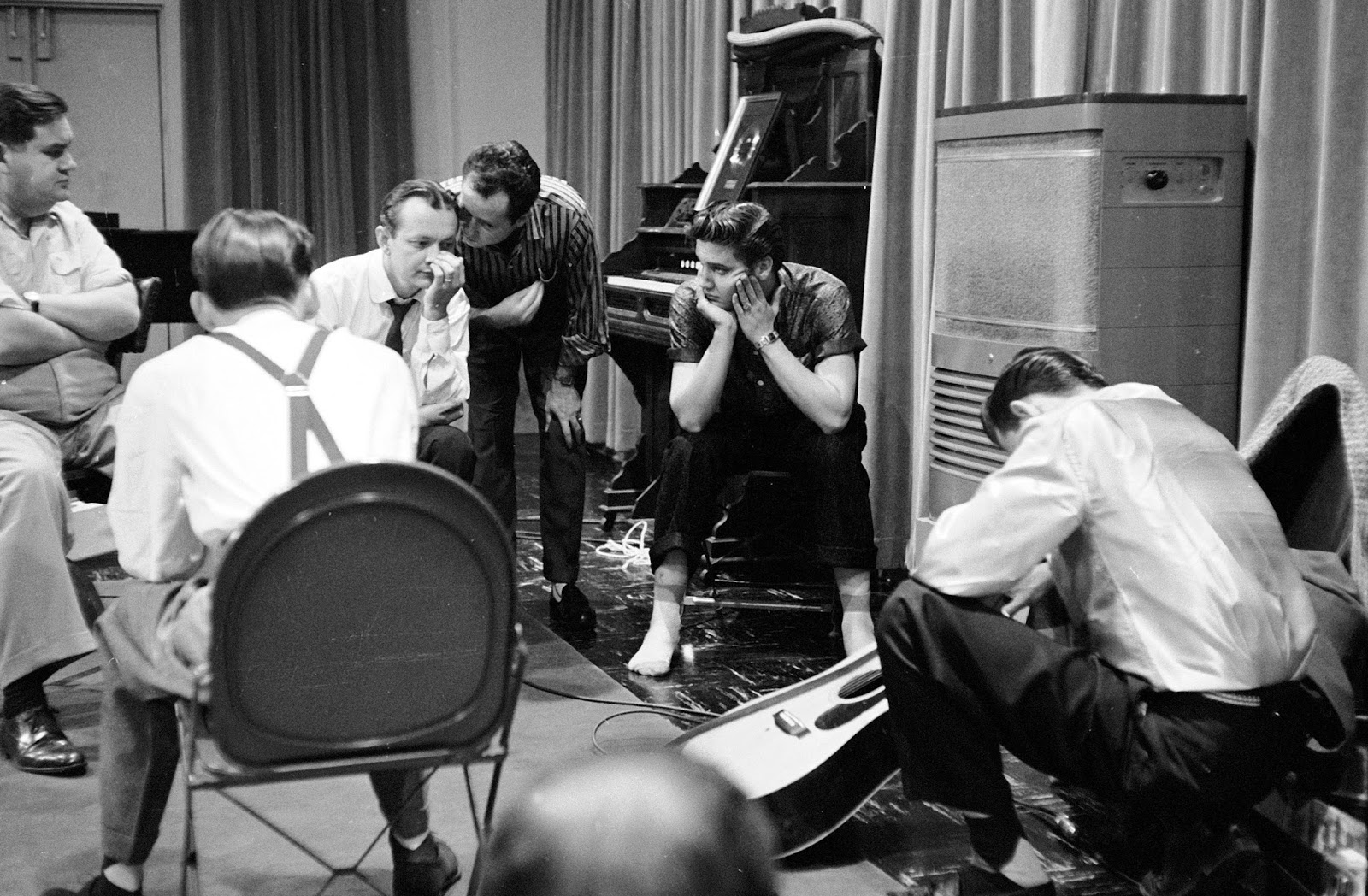“Do the Clam” is a lively and infectious song by Elvis Presley, released in 1965 as part of the soundtrack for the film “Girl Happy.” While not as well-known as some of Presley’s other hits, “Do the Clam” offers a fun and memorable glimpse into the King’s musical repertoire.

The song, written by Ben Weisman, Sid Wayne, and Dolores Fuller, is a catchy rock and roll tune with a playful twist. It features upbeat rhythms, catchy guitar riffs, and energetic vocals that invite listeners to join in on the fun. The lyrics describe a dance craze called the Clam, urging listeners to “shake those shoulders” and “wiggle your backbone” as they groove to the music.
One of the most notable aspects of “Do the Clam” is its infectious energy. From the moment the song begins, it grabs the listener’s attention with its irresistible beat and lively instrumentation. Presley’s charismatic vocals add to the song’s charm, infusing it with his signature style and personality. It’s the kind of song that’s impossible not to dance along to, making it a favorite among fans of Presley’s upbeat, rock and roll sound.

While “Do the Clam” may not have reached the same level of commercial success as some of Presley’s other hits, it remains a beloved track among his dedicated fanbase. Its inclusion in the film “Girl Happy” helped introduce the song to a wider audience, and it has since become a nostalgic favorite for fans of Presley’s music.
Beyond its musical merits, “Do the Clam” also serves as a reminder of Presley’s versatility as an artist. Throughout his career, Presley experimented with various musical styles, from rock and roll to country to gospel, and “Do the Clam” showcases his ability to tackle lighter, more playful material with the same enthusiasm and charisma as his more serious songs.

In conclusion, “Do the Clam” is a delightful and entertaining song that highlights Elvis Presley’s enduring appeal as a musical icon. Its catchy melody, energetic performance, and playful lyrics make it a standout track in Presley’s extensive discography, reminding listeners of the King’s talent for delivering infectious rock and roll hits that stand the test of time.
Video:
Elvis Aaron Presley, often referred to as the “King of Rock and Roll,” was born on January 8, 1935, in Tupelo, Mississippi, USA. He rose to prominence in the mid-1950s, becoming one of the most iconic and influential figures in the history of popular music. Presley’s musical journey began at an early age when he started singing in church and listening to various genres of music, including gospel, blues, and country. In 1954, he signed a recording contract with Sun Records, where he began his career blending elements of rockabilly, rhythm and blues, and country music. His breakthrough came with the release of his first single, “That’s All Right,” followed by a string of hits such as “Heartbreak Hotel,” “Hound Dog,” and “Jailhouse Rock.” With his charismatic stage presence, distinctive voice, and provocative dance moves, Presley captured the hearts of audiences worldwide, revolutionizing the music industry and popular culture. Presley’s impact extended beyond music; he also found success as an actor, starring in a series of films throughout the 1960s. Despite his commercial success, he faced criticism from some quarters for his crossover into mainstream entertainment and the perceived dilution of his musical authenticity. Throughout his career, Presley struggled with the pressures of fame, leading to personal challenges, including substance abuse and health issues. Despite these obstacles, he remained a beloved figure, revered for his contributions to music and his enduring legacy. Tragically, Elvis Presley passed away on August 16, 1977, at the age of 42, leaving behind a legacy that continues to resonate with generations of fans. He was posthumously inducted into the Rock and Roll Hall of Fame, and his music remains a timeless testament to his enduring talent and cultural impact.